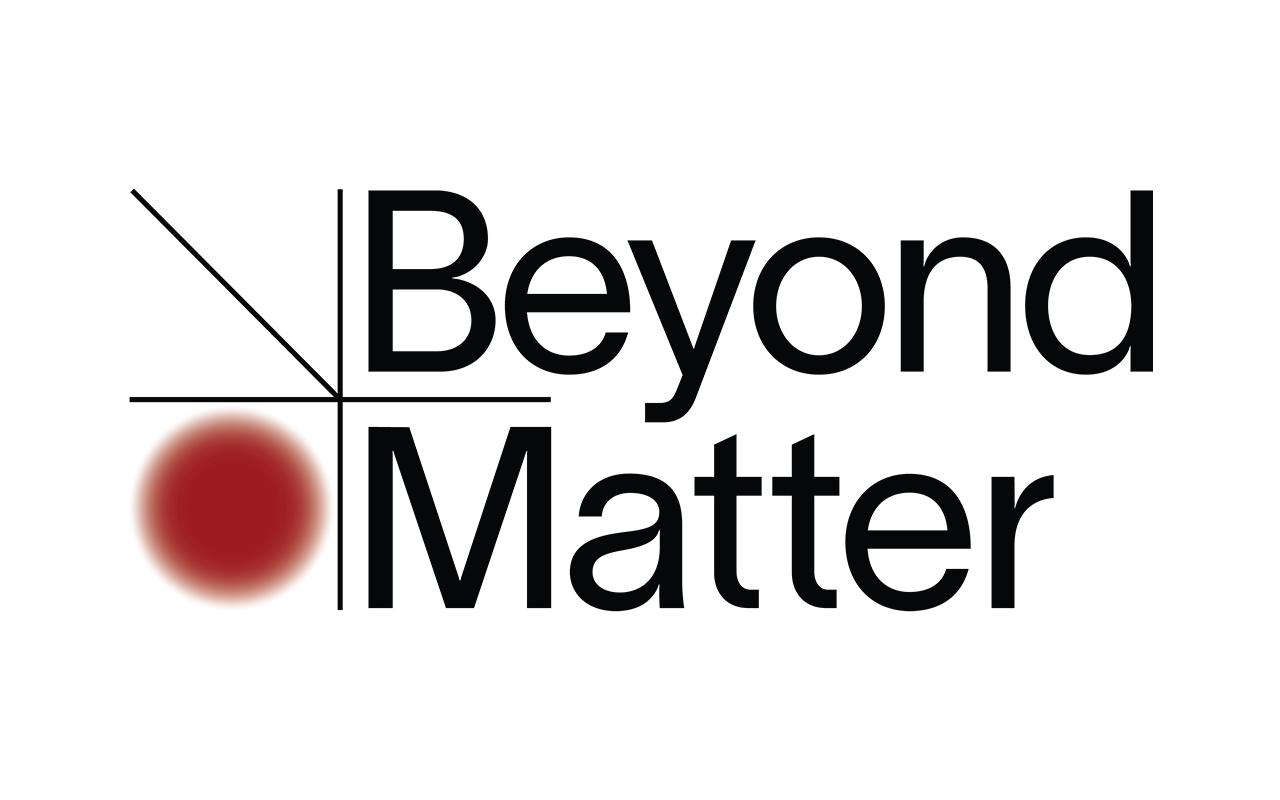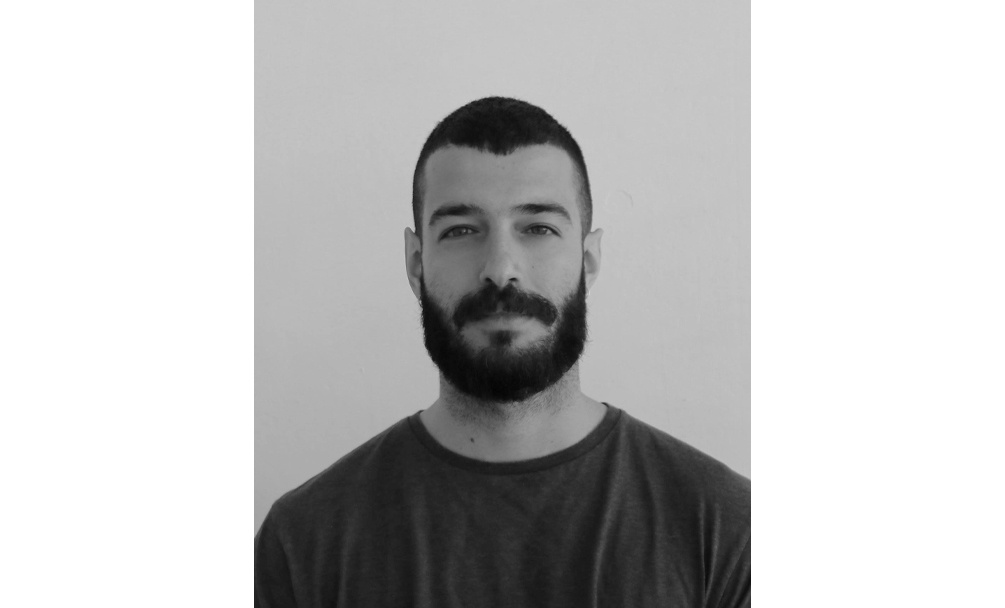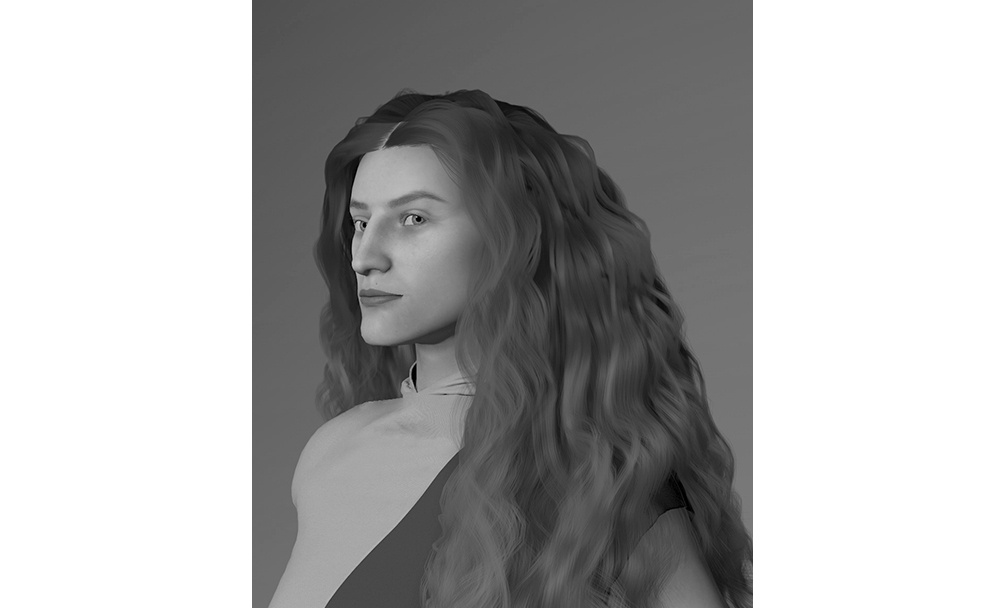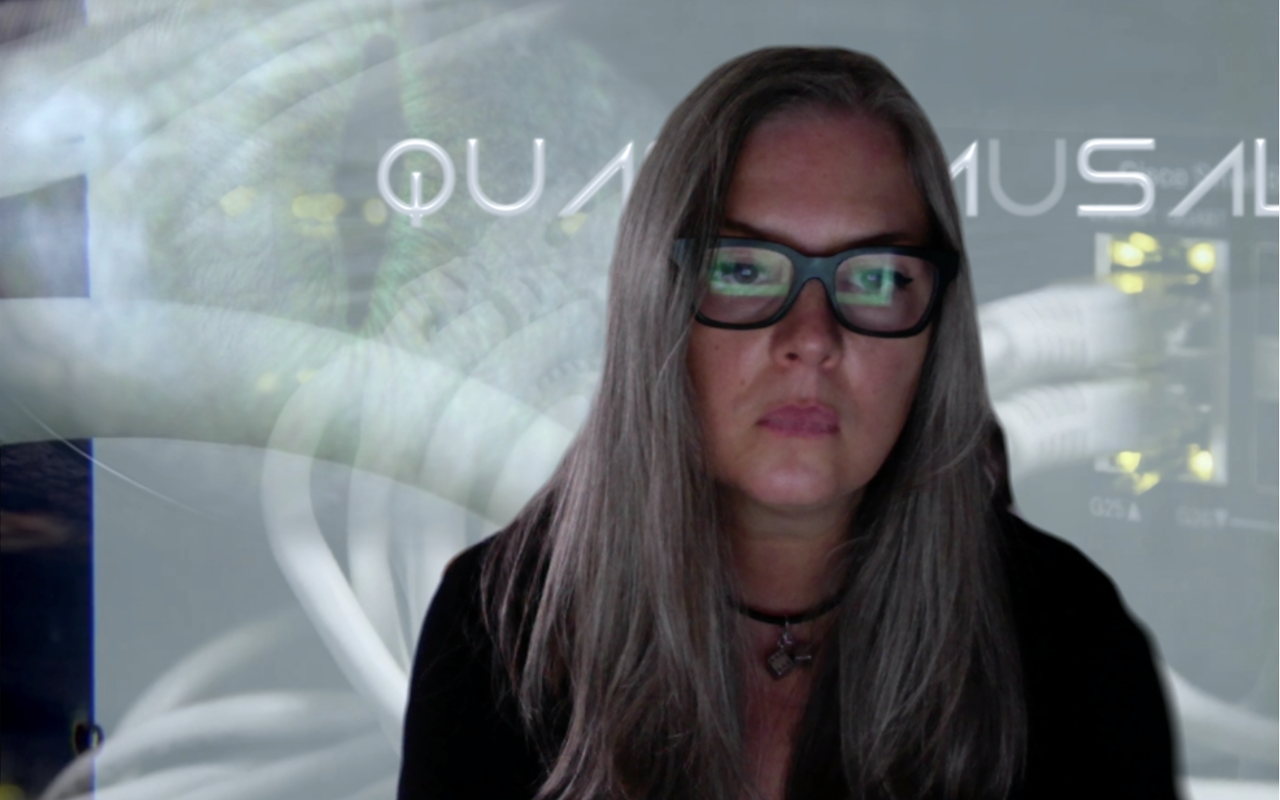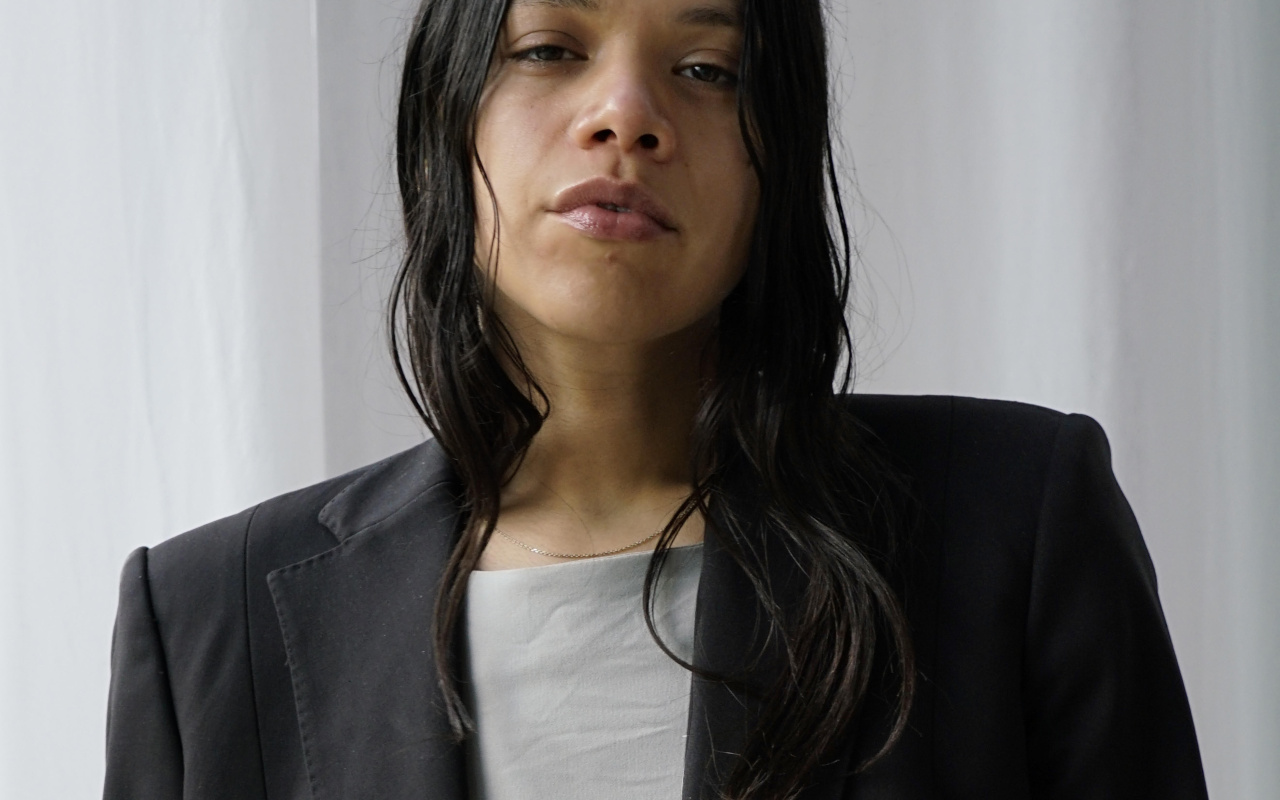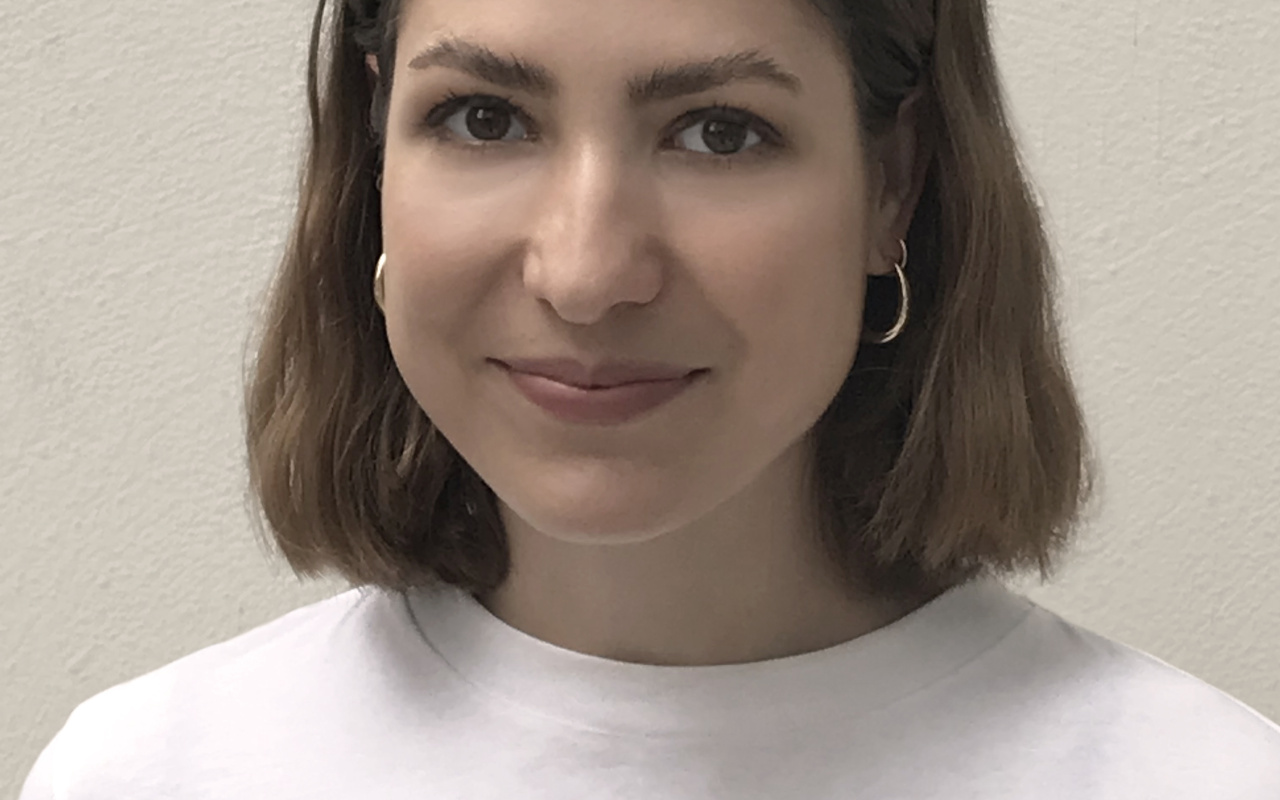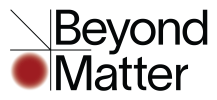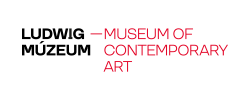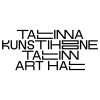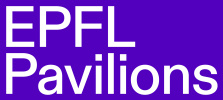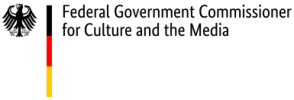BEYOND MATTER Residency
BEYOND MATTER is an international, collaborative, practice-based research project that takes cultural heritage and culture in development to the verge of virtual reality that is being carried out since 2019 until 2023.
It does this by reflecting on the virtual condition with a specific emphasis on its spatial aspects in art production, curating, and mediation via numerous activities and formats, including the digital revival of selected past landmark exhibitions, art and archival exhibitions, conferences, artist residency programs, an online platform, and publications.
The BM Residency Program enables fellows to develop an artistic or curatorial project in collaboration with one of the three participating partner institutions – Tirana Art Lab, the Tallinn Art Hall and ZKM | Karlsruhe – in order to examine the underlying questions posed by the »Beyond Matter« project: How can virtual reality tools and digitization contribute to developing artistic practices that question materiality and offer possible ways to shift the discourse into other dimensions such as experience, visualization, imagination, sensory perception, atmosphere, or spirituality? How can artistic practices using virtual reality contribute to current political and social discourses? What is the potential of virtual reality within the art field? And how can virtual reality serve as a media basis for overcoming physicality and temporality in order to create something new based on today's possibilities? What can VR stand for? Virtual Reality, Variable Relations, Vertical Radiation, Valid Readings, Vaporous Restoration, Visible Revision? With this residency we invite applicants to consider not only the multivalent applications of the latest representational systems, but also how they can be expanded. The future applications must be conceived as versatile as their fields of application are constituted. That is why the search is not for one answer, but for many solutions.
Theodoulos Polyviou
Theodoulos Polyviou is an artist living in London. He studied Fine Arts and Visual Communication at Kingston University and the Royal College of Art London. In his work he explores the interfaces between VR technologies, performative and sculptural methods. He focuses on the architectural narratives of queer spaces and their translation into the digital world, in order to reveal new perspectives on the reciprocal relationship between space and gender. Theodoulos has worked as artistic director, filmmaker and visual researcher on projects for Sony Music, Dazed Digital and Tate London.
Eleni Diana Elia
Eleni Diana Elia is an architect and designer. She uses creative means to question assumptions and ideas about the role of objects for specific social lifestyles. To this end she uses both physical and virtual space to develop what-if scenarios. Eleni studied architecture at the Royal College of Art in London and worked as a 3D and set designer on campaigns for Audi, Apple, Vogue UK and Pitchfork Magazine, among others.
During their two-month stay at ZKM, they will work together with David Kaskel, the founder of the London virtual reality studio Breaking Fourth, on the conception and implementation of a digital exhibition space. As the basis of a resulting online platform, this space will offer artists the opportunity to either develop completely new artworks for the digital space or to translate existing works into digital form. What conditions does digital space bring with it for such a project? What advantages and freedoms does it offer compared to physical space? Can future-relevant connections be derived for application in museum space?
Ami Clarke
Ami Clarke is an artist and writer working across multimedia such as video, data analytics and VR, within the emergent behaviors that come of human engagement with technology. She is interested in acknowledging and thinking through a subjectivity that emerges in synthesis with its environment, and hence prioritizes a complex intersectionality that includes the multi-temporalities and scales, as well as cognitive states, that coalesce around some new, and some very old power relations, in everyday assemblages such as »track and trace«.
»The Underlying« (2019) expanded on her work on speculation in language and the economy, as a state of contingency becomes a modus operandi, not only via the churning of the markets but also across the media-sphere. The work considered how surveillance, rather than a rogue element of capitalism, enmeshes with the effects of market forces upon the environment happening at a molecular level. The extractive protocols of the meme that is capitalism; »platform«, »surveillance«, late, as well as »disaster«, converged in digital neo-colonialisms, as well as historical colonial practices that manifest today in aggressive tax evasion, as ongoing forms of oppression.
Epidemiologists now advise government economic strategies, as existing inequalities come to the fore fast, facilitated by an unprecedented inter-connectivity that reaches across a neoliberal globalised workplace, the effects of which remain inflected by specific geographies and their socio-economic materialities.
»The coronavirus is us: we live in an interconnected world, where borders are porous, more like living membranes than physical walls«[1].
During the residency she will be developing a »live apparatus« in VR that reveals the complex interdependencies between the unprecedented surveillance of »track and trace«, designed to »manage« risk, via modulating the flow of bodies within a viral environment, and how the accompanying data analysis informs the state and other players, as well as the markets. Questions relating to whether the current coronavirus pandemic is part of an increasing dynamic in animal-to-human virus transmissions have already revealed many underlying threads, not least xenophobic tendencies that have come to the fore. Drawing upon earlier work who’s title epitomized the era of the Great Depression »Low Animal Spirits«, and recent phenomenon, whereby, due to the absence of humans, a »cornucopia of animals« returns to the cityscape, she will explore how emergent properties within a VR environment, and their failure, might reveal something of the data analytics influencing them, as a critique of the new dynamics of post-pandemic power.
[1] The Coronavirus Is Us. March 3, 2020. NY Times. Michael Marder.
Jazmina Figueroa
Jazmina Figueroa is a Berlin-based writer. Her writing and research critically examine data extraction and experiences with technology as immensely personal, non-scalable, and inherently socio-political. Jazmina's writing has been featured in »Texte Zur Kunst«, »Flash Art«, »ArtForum«, »The Arts Of Working Class«, to name but a few.
»Call Signs«, 2021, by Jazmina Figueroa is part machine-generated and part sensorial. It is based on the subversive, radical traditions of expanded media for information exchange and transference. The project concludes the two-month residency research of Jazmina Figueroa at ZKM | Karlsruhe within the framework of »Beyond Matter«, an international, collaborative, practice-based research project.
Upcoming: Carolyn Kirschner
Carolyn Kirschner is a digital artist and researcher with a background in architecture. Her work explores the entanglements of humans, non-humans, bits, bytes, delicate ecologies and emerging technologies, in the context of complex social and environmental shifts. Working primarily through computer-generated artifacts and environments, Carolyn set out to create immersive speculative scenarios and to materialize politically-charged fragments from alternate or expanded worlds. She studied architecture at the Royal College of Art and has worked in architecture and urbanism, which underpins an enduring pre-occupation with materiality and spatial consequence. Carolyn's work has been published and exhibited internationally, and has been supported by several grants, residencies, and fellowships over the years.
During the residency, Carolyn intends to develop a digital curatorial experiment using the mechanisms of ASMR to trigger an embodied, physiological response to museological content. The project will culminate in a multi-sensory installation, which spans across physical and virtual environments, and sets out to create deeply visceral sensory experiences that explore questions of proximity, materiality, and ecological entanglement. Can the body become an exhibition space?
Project Partners
ZKM | Center for Art and Media Karlsruhe
Tallinn Art Hall
Tirana Art Lab
Associated Partners
École polytechnique fédérale de Lausanne, EPFL
HAWK – University of Applied Sciences and Arts Hildesheim
Sponsors
-
BEYOND MATTER Cultural Heritage on the Verge of Virtual Reality
-
Project Partners
-
Associated Partners
-
Co-funded by the Creative Europe Program of the European Union
-
Sponsored by
